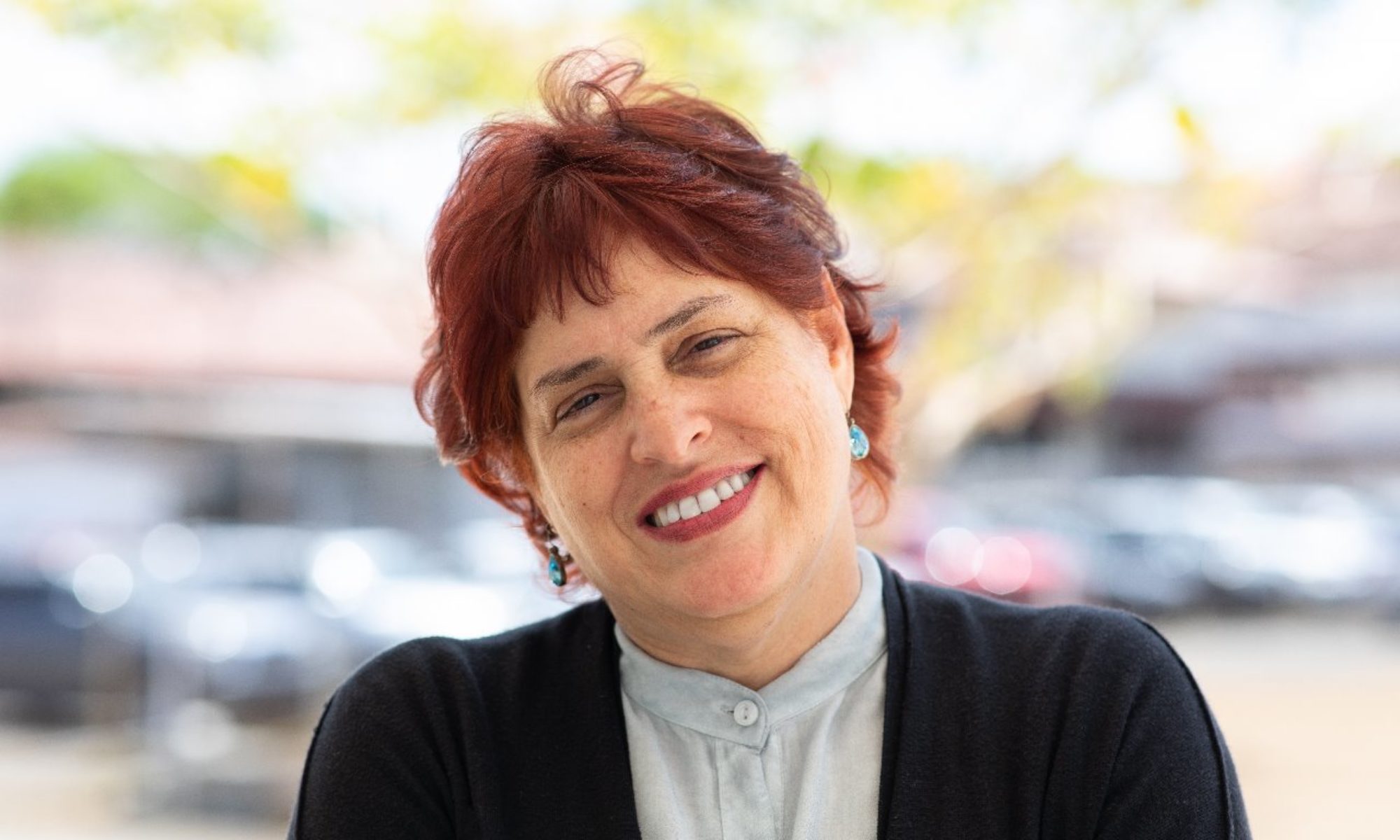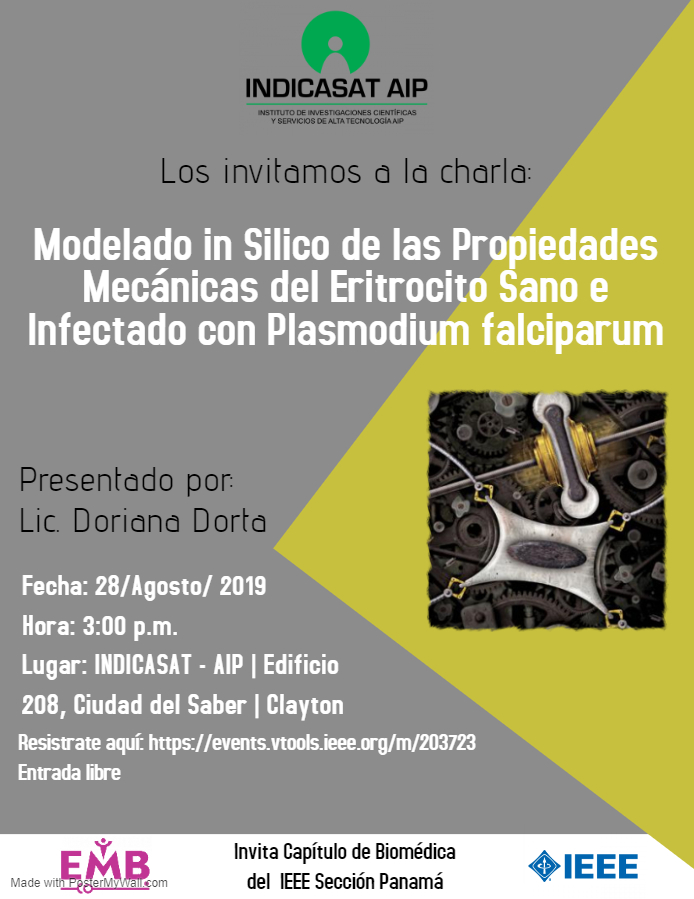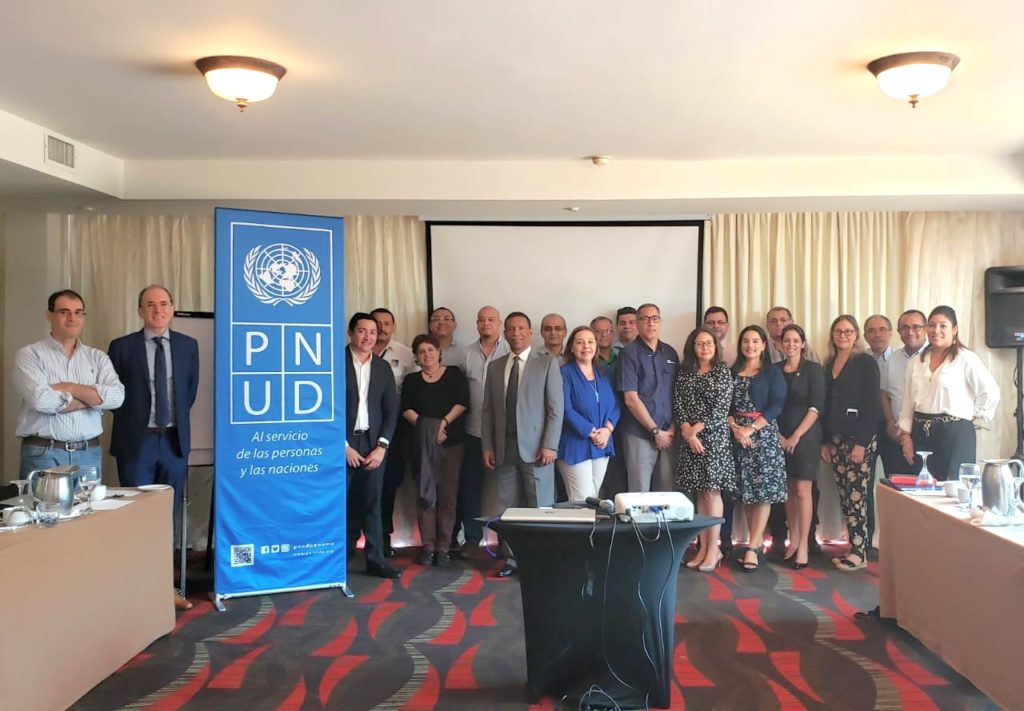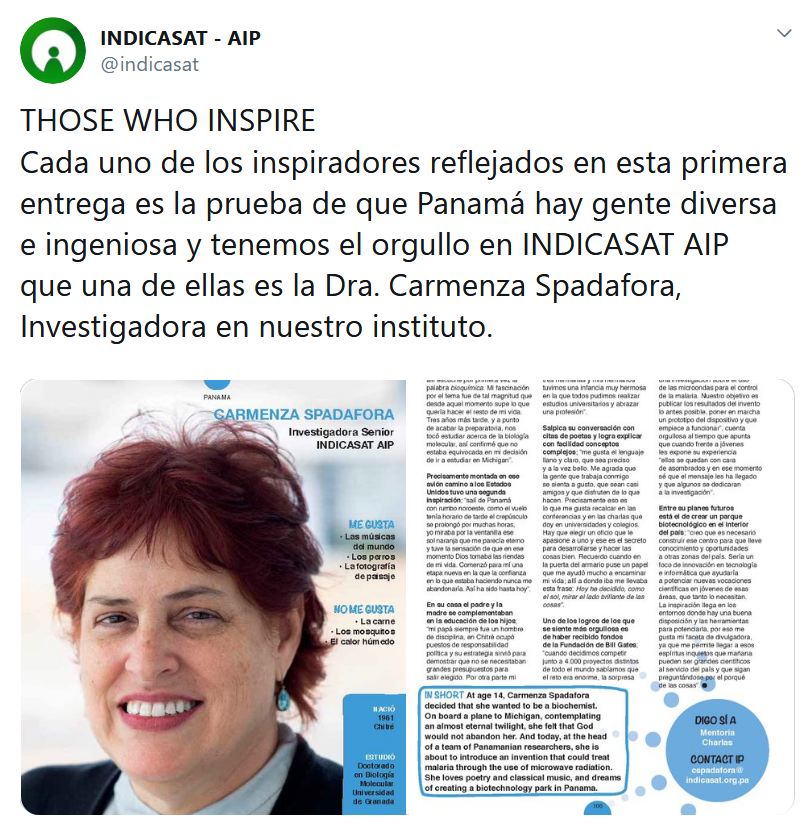Meanwhile, two new Master’s students are being trained by members of the group. Evelyn Ceballo is in the group of Dr. Coronado, and Milixza Botacio has joined the team under Dr. Spadafora’s and Dr. Correa’s leadership.
Dr. Ricardo Correa: New graduate of the successful PhD program of Acharya Nagarjuna University of India and INDICASAT AIP of Panama.

His thesis on suicidal signals carried by Extracellular Vesicles of Plasmodium falciparum resulted in three important publications:
Extracellular vesicles could carry an evolutionary footprint in interkingdom communication. Ricardo Correa, Zuleima Caballero, Luis Fernando De León and Carmenza Spadafora. Frontiers in Cellular and Infection Microbiology. 03 March 2020 | https://doi.org/10.3389/fcimb.2020.00076
Extracellular vesicles carrying lactate dehydrogenase induce suicide in increased population density of Plasmodium falciparum in vitro. Ricardo Correa M, Lorena M Coronado, Zuleima Caballero, Paula Faral, Carlos Robello and Carmenza Spadafora. Scientific Reports 9, Article number: 5042 (2019
Volatile organic compounds associated with Plasmodium falciparum infection in vitro. Ricardo Correa, Lorena M. Coronado, Anette C. Garrido, Armando A. Durant-Archibold and Carmenza Spadafora. Parasites and Vectors. 2017 May 2;10(1):215
A summary of these findings was presented in the recent conference of the American Society of Tropical Medicine and Hygiene in Washington, D.C. Big congratulations!
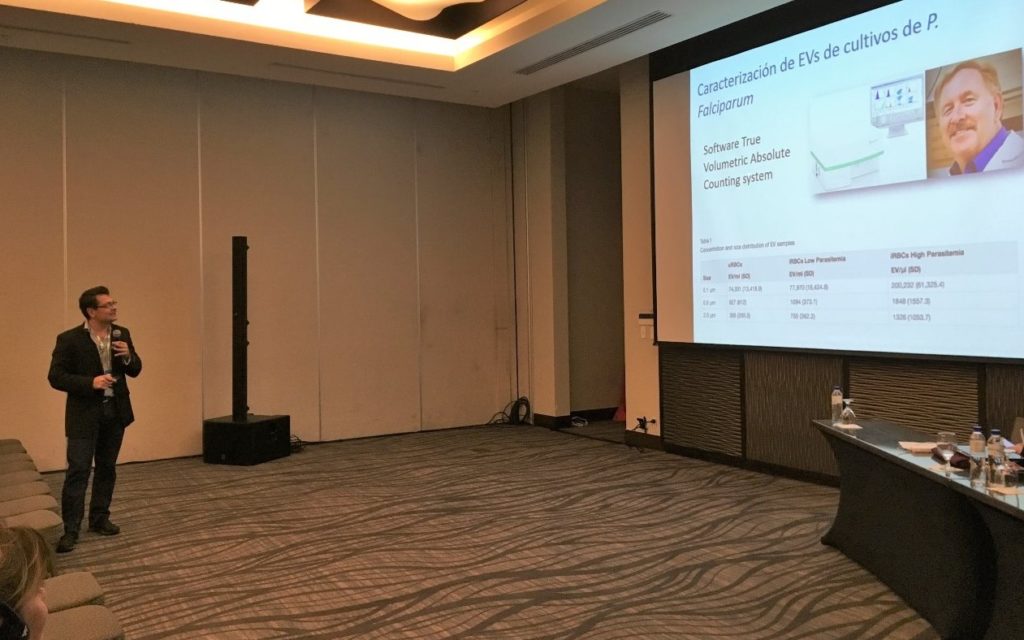
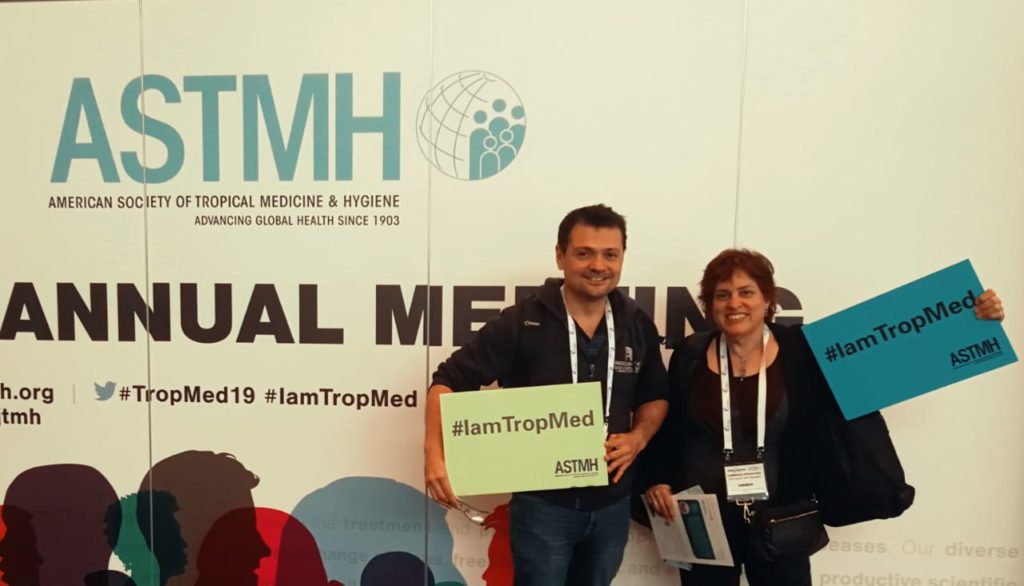
Visiting Prof. Hyan-Ju Park from South Korea shared her knowledge with our lab team
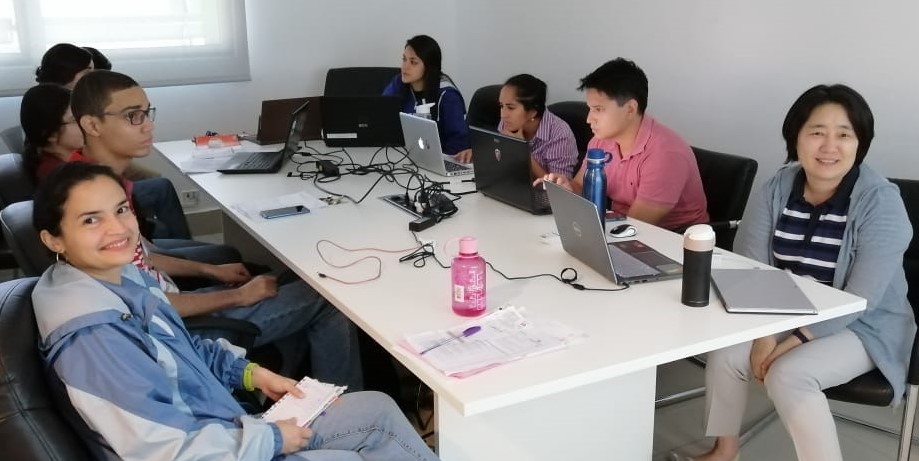
Dr. Hyan-Ju Park, Professor at the School of Pharmacy of Sungkyunkwan University, in South Korea, spent some months with us sharing her expertise in medicinal chemistry, which was very valuable to our group of bioassays in parasites of tropical diseases and cancer. Some of the best molecules that we have published together with our collaborators were analyzed with her and new ideas for progressing analogs of those natural products were discussed. This is headed to be an important Panama-South Korea collaboration in the area of drug discovery. This exchange from visiting Prof. Park adds to the similar ongoing work established some years ago between our group and the Ocean University of Qindao, China.
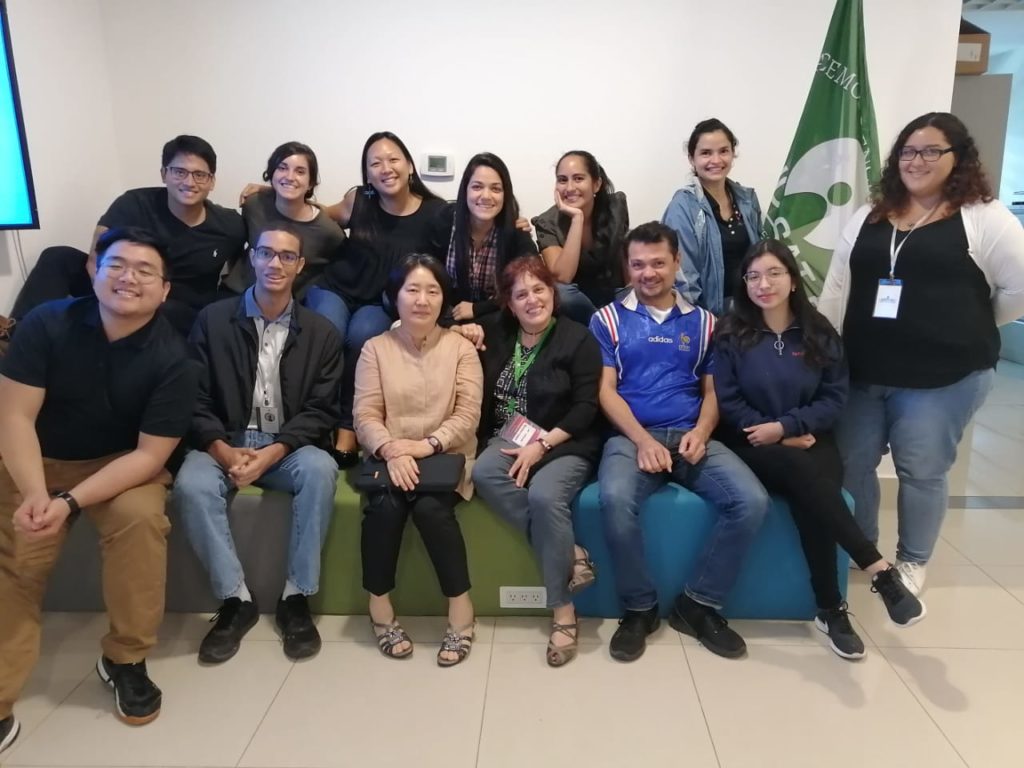
The Unit of Biomedical Physics and Engineering of INDICASAT AIP acquires sophisticated equipment from MMI (Germany) and Olympus (Japan).

The equipment comprises Optical Tweezers, a nano force measurement device and a CellXtor. Optical Tweezers are able to hold nanoparticles with the use of laser beams. Their generated force fields, are able to exert a pressure on the particles, and placed in opposite directions, the two lasers trap and manipulate their target in between the fields. This allows, among other things, the application of strain or stress forces that can give exact information on the physical properties of a nanoparticle. The CellXtor can mark single cells or particles of interest and collect them, one or many at a time, to deposit them into a dish well for further use. One of the first projects to utilize the new technology will use the Optical tweezers to measure the elasticity of red blood cells.
This equipment was acquired through competitive funding from the National Secretariat of Science, Innovation and Technology of Panama. It will be available for users from any institution that want to conduct studies using this technology.
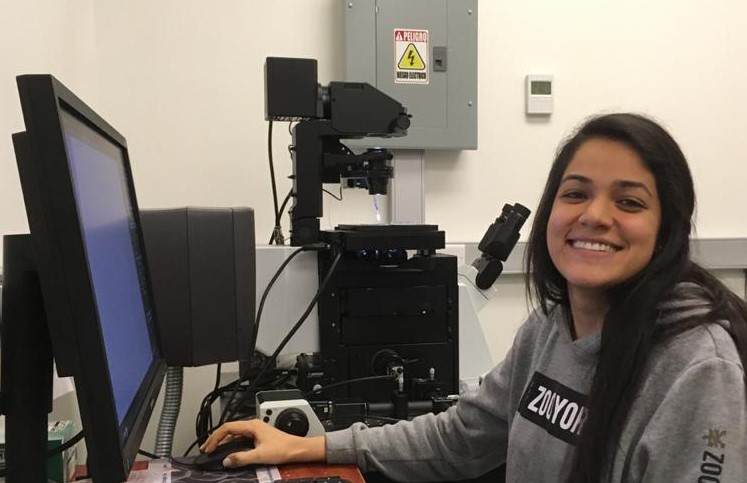
Kurt Ngo graduates with another interdisciplinary project
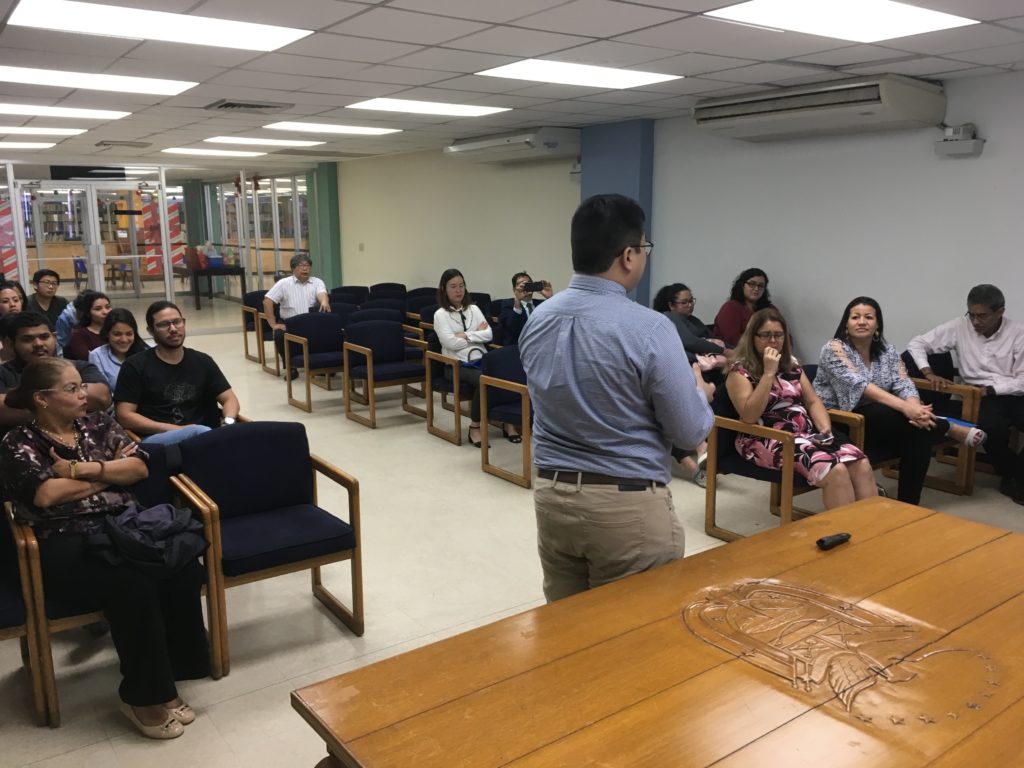
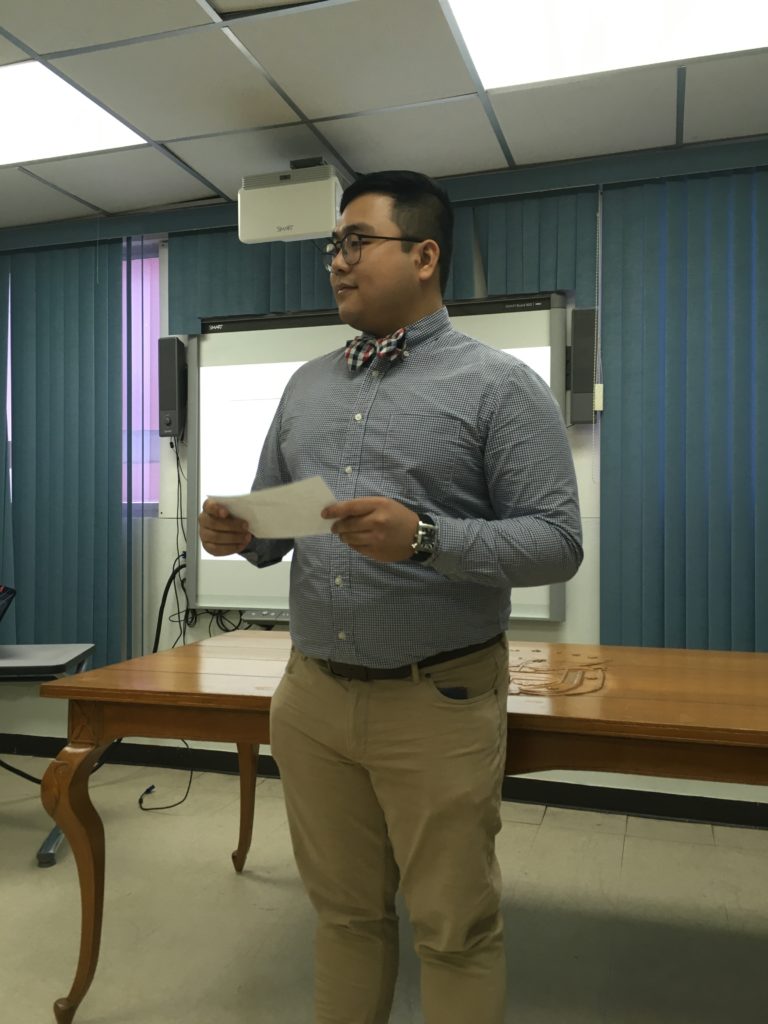
Invited Editor
In silico modeling of the mechanical properties of erythrocytes. How P. falciparum changes them.
New Senior Member of IEEE
With great pleasure we announce that Dr Carmenza Spadafora has been upgraded to Senior Member of the Institute of Electrical and Electronic Engineers (IEEE) in its Chapter of Medicine & Biology (EMB). Only 10% of the more than 400,000 members of IEEE in 160 countries have achieved this level. Being not an engineer, this is counted as a great honor.
